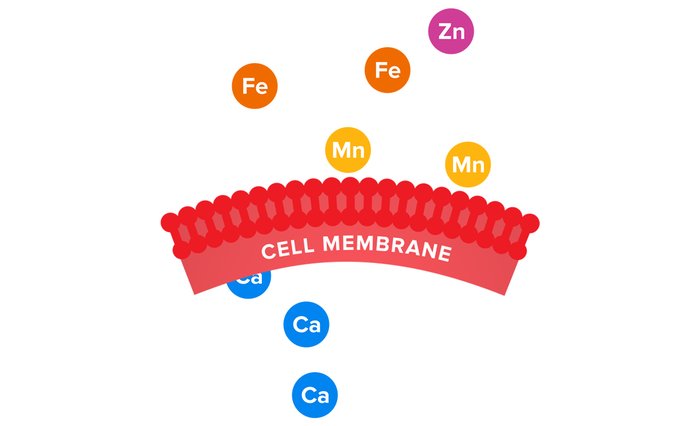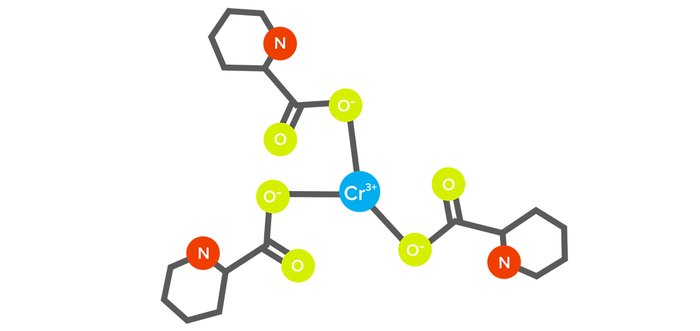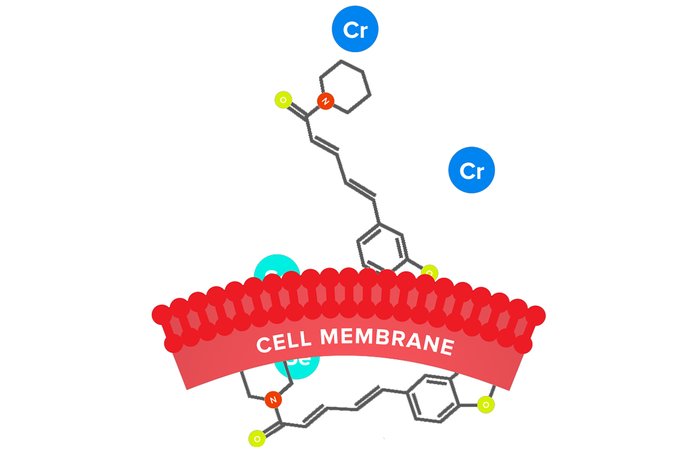Multivitamins are important for anyone who trains, because the vitamins and minerals they contain are critical for a multitude of functions in the body, from energy production to muscle growth.
Unfortunately, many of the multivitamins on the market aren't worth taking because they don't work as well as they should. Here are four reasons why your multivitamin might not be working, and what to look for when choosing the right multivitamin for you.
Reason 1: Conflicting Ingredients
Many vitamins and minerals compete with one another for absorption, or their respective concentration within the blood affects the absorption of other micronutrients that are consumed.
Calcium, believe it or not, is one mineral that you don't want in your multivitamin. Yes, calcium is critical to take, but it can impede the absorption of zinc, iron, and manganese.

Zinc is another problem. You don't want zinc in your multivitamin because it can interfere with the uptake of amino acids and iron. Since you ideally take your multivitamin with food, while your body is getting protein and amino acids, you don't want zinc interfering with the uptake of those amino acids.
A third ingredient you don't want in your multivitamin is magnesium. This mineral can interfere with the uptake of calcium, so that's why you want calcium and magnesium out of your multivitamin.
Reason 2: Missing or Under-Dosed Ingredients
Many multivitamins have critical vitamins and minerals missing from their formulas. The first is Vitamin K. This is important for supporting numerous functions in the body, such as regulating blood clotting, repairing and building healthy bones, and affecting insulin sensitivity and blood glucose levels.[1]

Another critical ingredient is iodine, which assists with proper thyroid function. A third is copper, which is also important for numerous functions in the body, namely the production of red blood cells and fat metabolism.
B vitamins are critical vitamins for any athlete to take since they keep nerves and blood cells healthy. However, they are often missing or insufficiently dosed in most multivitamin formulas.

Reason 3: The Wrong Form
You want certain vitamins and minerals in specific forms. For example, most multivitamins don't even include chromium, and if they do, it's often chromium chloride, a poorly absorbable form. A much better form is chromium picolinate. Look for this form in your multivitamin.
A second ingredient in your multivitamin that you want to make sure comes in a certain form is Vitamin A. Make sure your multi is formulated with all-trans-beta carotene, which is a provitamin A form that prevents potential toxicity and only provides you with the amount of vitamin A your body needs. Other forms, such as what are called pre-formed vitamin A (e.g., retinyl acetate or retinyl palmitate), can become toxic when consumed in high doses.

A third vitamin that is typically in a poor form in most multivitamins—if it's included at all—is vitamin K. With K, there's still much scientific debate as to whether the K1 (Phylloquinone) or K2 (Menaquinone) form is most effective, so look for a multivitamin that provides both in about a 1:8 ratio of K1-to-K2 (e.g., 5 milligrams K1 and 45 milligrams K2, per day).
Reason 4: Poor Absorption
Many vitamins and minerals are poorly absorbed by the body in supplement form, so it's essential to eat a variety of healthy foods that contain natural sources of vitamins and minerals. Regarding multivitamins, the good news is you can increase the absorption of ingredients using a number of tricks that enhance bioavailability.
One example is to look for a multi that includes powerful doses of spice and pungent food-derived ingredients such as piperine (Bioperine®), capsaicin, or gingerols. Piperine, for example, is a black pepper extract that's been shown to enhance the absorption of numerous vitamins and minerals, particularly the B vitamins, beta-carotene, and selenium.[2]

Other ways to increase absorption is to consume a multi that's highly soluble in water, take a multi that has its actives microencapsulated within a validated delivery system, or take certain multipack ingredients on an empty stomach and others in the presence of fat-containing meals (e.g., fat-soluble vitamins A, E, D, and K).
Visit JimStoppani.com for more great fitness content, workouts, training tips, and articles on nutrition and supplementation.
References
- DiNicolantonio, J. J., Bhutani, J. & O'Keefe, J. H. (2015). The health benefits of vitamin K. Open Heart. doi:10.1136/openhrt-2015-000300.
- Badmaev, V., Majeed, M., & Norkus, E. P. (1999). Piperine, an alkaloid derived from black pepper increases serum response of beta-carotene during 14-days of oral beta-carotene supplementation. Nutrition Research, 19(3), 381-388.
